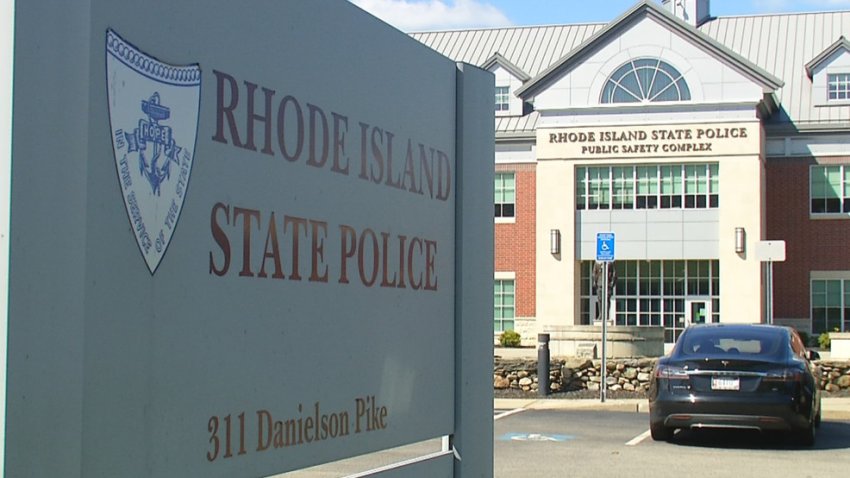

The Latest
-

Joe Mazzulla reacts to Nuggets' shocking Michael Malone firing
Celtics head coach Joe Mazzulla shared his reaction to the Nuggets’ stunning firing of their longtime head coach Michael Malone on Tuesday.
-

Celtics-Knicks recap: Porzingis, Tatum propel C's to thrilling OT win
Kristaps Porzingis and Jayson Tatum stepped up in the clutch to help the Celtics complete the season sweep against the Knicks with an overtime victory.
-

Patriots should consider these WRs on Day 2 of 2025 NFL Draft
The Patriots need more high-end talent at WR, and Day 2 of the 2025 NFL Draft might be the best place to find it.
-

Trader Joe's coming to West Roxbury
The grocery chain will open a new location at the former site of Walgreens on Centre Street; it will be the fourth Trader Joe’s in Boston
-

Will Patriots draft another QB? Exploring best fits in 2025 Draft
Will the Patriots take a late-round flyer on a quarterback after trading Joe Milton? Phil Perry examines the team’s QB options in the 2025 NFL Draft.
-

Man accused of defacing Teslas in Peabody arrested at Northshore Mall, police say
A man was arrested for allegedly vandalizing Tesla vehicles parked at a company lot in Peabody, Massachusetts, on Tuesday, police said.
-

MLB power rankings roundup: Where Red Sox stand after streaky start
Here’s where the Red Sox stand in national MLB power rankings after their first 11 games.
-

Landry explains why Vrabel was huge reason for signing with Patriots
Harold Landry details why Mike Vrabel’s presence made the Patriots an attractive free agent destination.
-

What Pritchard told Jaylen about choosing Converse shoe deal over 741s
Payton Pritchard kept it real with Jaylen Brown while explaining why he signed a shoe deal with Converse despite supporting the Celtics star’s 741 shoes.
-

‘Forgive me': Boston city councilor pleading guilty over kickback scheme, resigning
Boston City Councilor Tania Fernandes Anderson is set to plead guilty in her federal corruption case, according to a filing from prosecutors.
-

When will we see an end to these gloomy skies? Expect a short break soon
As we move through this Tuesday, a cold front will push east of Boston, taking any remaining showers with it. The front will also usher in some very windy conditions for the rest of the day.
-

2025 NFL mock draft roundup: Latest first-round Patriots predictions
Experts give their latest predictions for what the Patriots should do with the No. 4 pick in the 2025 NFL Draft.









